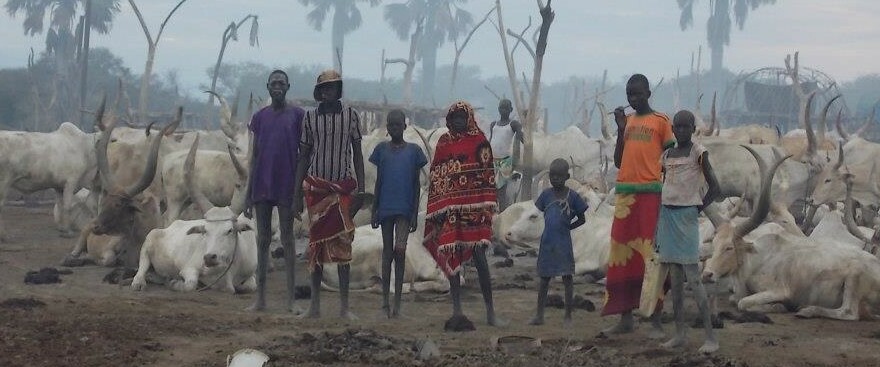The government of Lakes State has announced the reintroduction of a rural household tax collection, requiring each community member to pay 5,000 SSP. This tax primarily targets teenagers and individuals above the age of 18 residing in Lakes State.
Speaking to Radio Tamazuj on Thursday, the Minister of Local Government in Lakes State, Chol Kuotwel, confirmed the reintroduction of the household tax, without giving more details.
“I am not ready to talk about the ongoing collection of hut tax in Lakes State. Unfortunately, I am not ready now to give you that update because this is an ongoing activity and it is an administrative matter. I will not be able to comment on it for now.”
Daniel Laat Kon, a civil society activist and representative of the Community for Progress Organization (CEPO) in Lakes State, expressed his concerns about the tax collection, stating, “I went myself to some of the rural villages to confirm, and it is true that this tax is being collected. The way this tax has been designed, it should not have been implemented. The community should have been made aware of why they are to pay this tax and the benefits of the tax, and who are those people to be taxed.”
Kon further highlighted that even teenagers were asked to pay this tax, saying, “I have witnessed some of the underage children that are being asked to pay taxes of 5,000 South Sudanese pounds (5,000 SSP) to the government in Lakes State.”
He explained that the government had urged local chiefs to register people in their villages, assuring them that it would help them maintain their chieftaincy. However, this led to the unintended collection of taxes from underage children, which Kon described as a “trickery by the state government.”
Kon emphasized that the effectiveness of these taxes depends on whether the collected funds are used to benefit the community. He stated, “If these taxes are utilized well, they can bring services to the community, including hospitals, schools, feeder roads, and the provision of essential services like clean drinking water.”
“After the Comprehensive Peace Agreement (CPA) and South Sudan’s independence, there were high expectations among communities. People anticipated that the government would compensate them for their significant contributions during the liberation struggle,” Kon explained.
He shared a solution by stating that, “The community now seeks an explanation from its government regarding the reasons behind the reintroduction of this tax. During the liberation struggle, communities understood why they collected items such as bulls, sorghum, groundnuts, and even made personal sacrifices.”
The executive Chief of Rumbek East County, Mangar Majak, voiced his concerns about the tax collection. He explained, “The state government did not call for a meeting to discuss the challenges facing the people in the community. The government, particularly the Minister of Local Government, made an announcement to us that each house in the rural area must pay 5,000 SSP as tax starting from now, and yet there was no meeting to discuss the new policy. So, we agreed to collect 5,000 SSP from each individual.”
Majak expressed doubt that the government of Lakes State would fulfill its responsibility to use the tax revenue for constructing schools, roads, police stations, hospitals, and providing clean water to the community.
He said, “We have been collecting taxes for many years as a community to our government in Lakes State even before conflict erupted among people in the community. There was not a single school or hospital built with that money in the payams or county in Lakes State. I doubt whether these monies will bring for us hospitals, feeder roads, schools, and clean drinking in Lakes State.”




